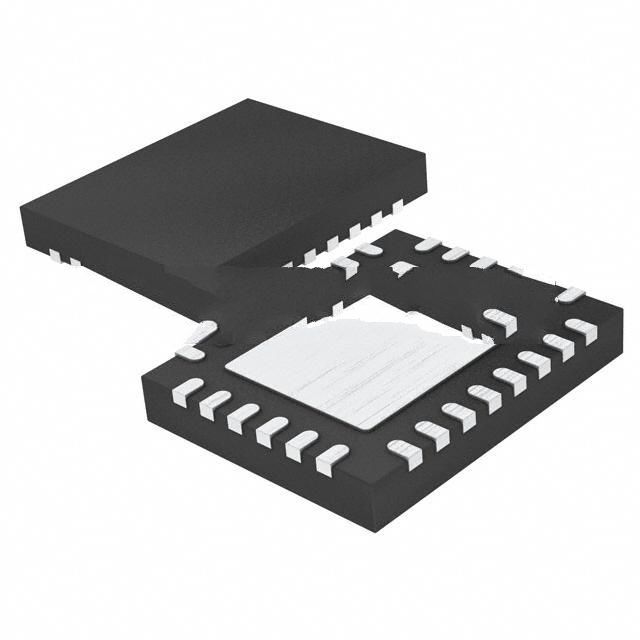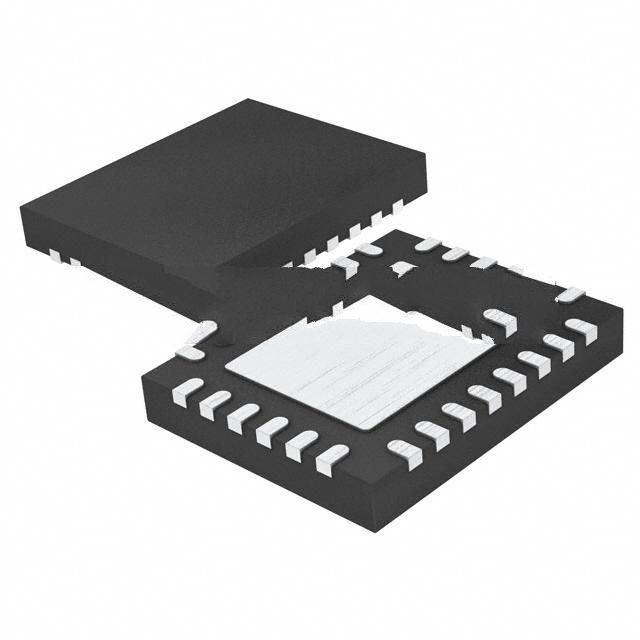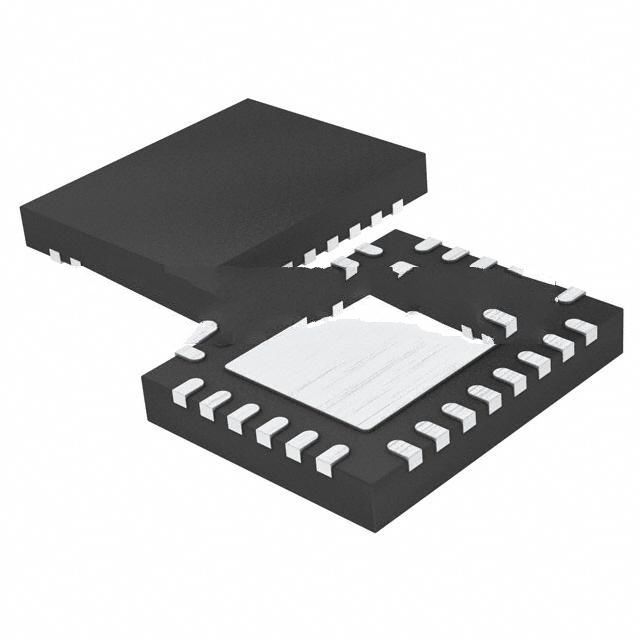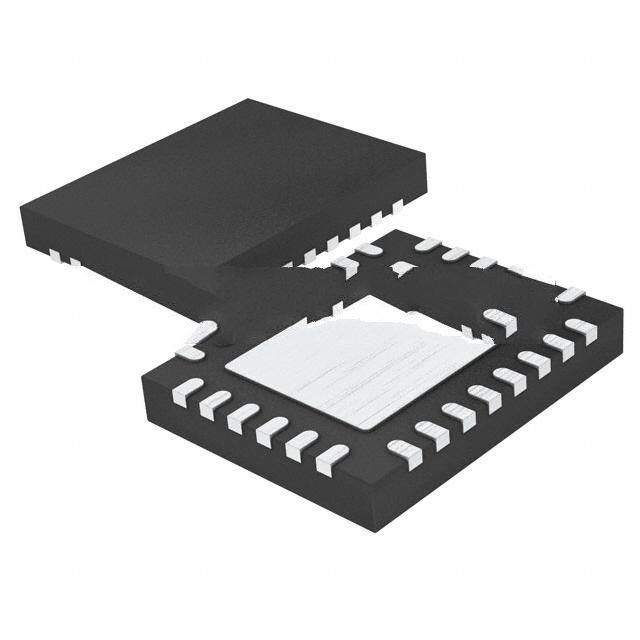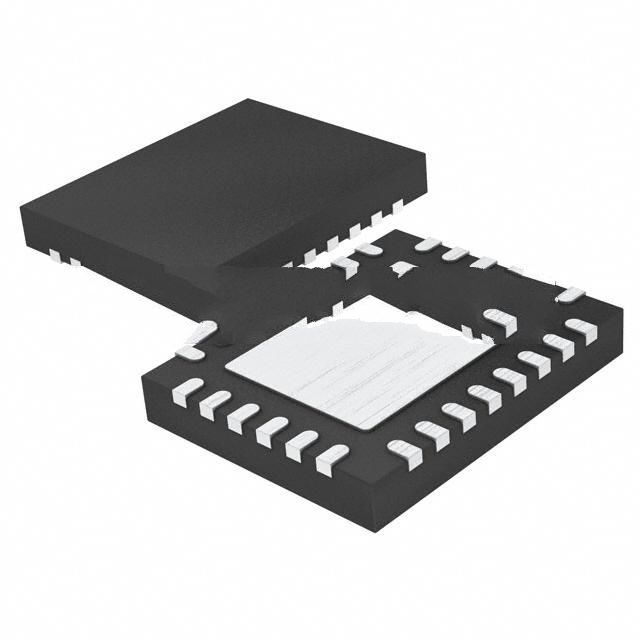LTC6811IG-2#3ZZPBF Product Introduction:
Linear Technology (Analog Devices, Inc.) Part Number LTC6811IG-2#3ZZPBF(PMIC - Battery Management), developed and manufactured by Linear Technology (Analog Devices, Inc.), distributed globally by Jinftry. We distribute various electronic components from world-renowned brands and provide one-stop services, making us a trusted global electronic component distributor.
LTC6811IG-2#3ZZPBF is one of the part numbers distributed by Jinftry, and you can learn about its specifications/configurations, package/case, Datasheet, and other information here. Electronic components are affected by supply and demand, and prices fluctuate frequently. If you have a demand, please do not hesitate to send us an RFQ or email us immediately sales@jinftry.com Please inquire about the real-time unit price, Data Code, Lead time, payment terms, and any other information you would like to know. We will do our best to provide you with a quotation and reply as soon as possible.
Introducing the LTC6811IG-2#3ZZPBF, a cutting-edge product from Linear Technology (Analog Devices, Inc.). This high-performance integrated circuit is designed to meet the demanding requirements of battery management systems in a wide range of applications.
The LTC6811IG-2#3ZZPBF boasts an array of impressive features that set it apart from the competition. With its 12-cell battery stack monitoring capability, it provides accurate and reliable measurements of individual cell voltages, temperatures, and currents. This enables precise monitoring and control of battery performance, ensuring optimal efficiency and longevity.
Equipped with a robust communication interface, the LTC6811IG-2#3ZZPBF allows seamless integration into existing battery management systems. Its high-speed SPI interface enables fast and efficient data transfer, while its low-power consumption ensures minimal impact on overall system energy efficiency.
The LTC6811IG-2#3ZZPBF is ideal for a wide range of applications, including electric vehicles, renewable energy systems, and industrial equipment. Its advanced features and exceptional performance make it an indispensable tool for battery management in these fields.
In summary, the LTC6811IG-2#3ZZPBF is a state-of-the-art battery management IC that offers unparalleled accuracy, reliability, and efficiency. With its advanced features and wide range of applications, it is the perfect choice for any battery management system. Trust Linear Technology (Analog Devices, Inc.) to deliver the highest quality and performance in battery management technology.
Battery Management refers to integrated circuits that integrate the functions of battery monitoring, control, protection and optimization. Through real-time monitoring and intelligent regulation of the battery status, it ensures that the battery can maintain the best performance in various working environments, extend the service life, and improve the safety and reliability of the entire system.
Application
Battery Management is widely used in all kinds of electronic devices, especially those portable devices that rely on battery power, such as smartphones, tablets, laptops, wearables, drones, electric vehicles, etc. In the field of smart phones, PMIC not only manages the charging and discharging process of the battery, but also participates in the power consumption management of the system, and extends the battery life of the phone by intelligently adjusting the power supply of various components. In the field of electric vehicles, PMIC is responsible for the monitoring and management of the entire battery pack to ensure the safe operation and efficient charging and discharging of the battery pack.
FAQ about PMIC - Battery Management
-
1. How does a battery management system extend battery life?
The BMS reduces the battery aging rate and extends the battery life by means of balanced charging, preventing overcharge and over-discharge, and managing temperature.
-
2. What is battery balancing? How does BMS achieve it?
Battery balancing is to ensure that all batteries work in unison by balancing the voltage of each battery cell. The BMS gradually balances the battery during charging through passive or active balancing technology to prevent some cells from overcharging or discharging.
-
3. How to choose a suitable BMS chip?
When selecting a BMS chip, factors such as the number of batteries, charging and discharging current requirements, voltage range, monitoring accuracy, safety protection functions and temperature management should be considered to ensure that it matches the system requirements.
 Lead free / RoHS Compliant
Lead free / RoHS Compliant








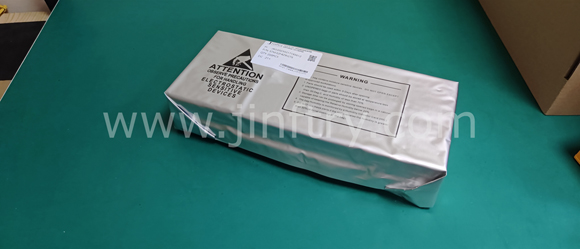
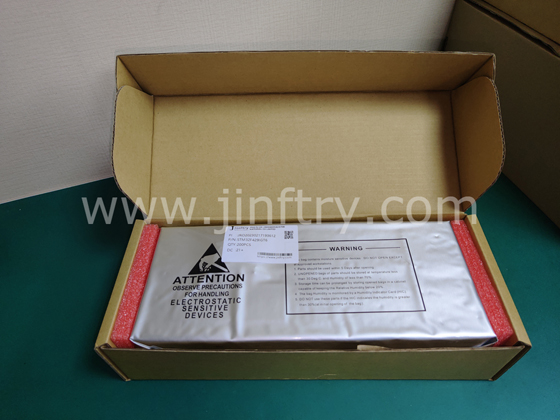
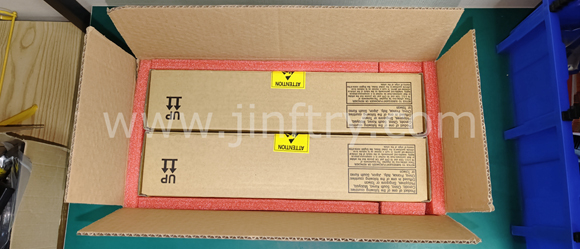
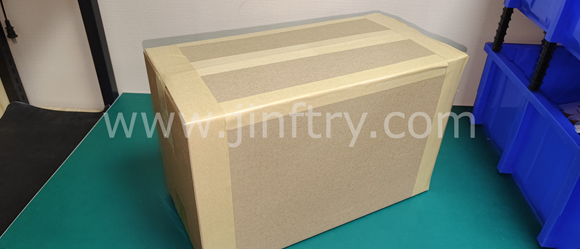
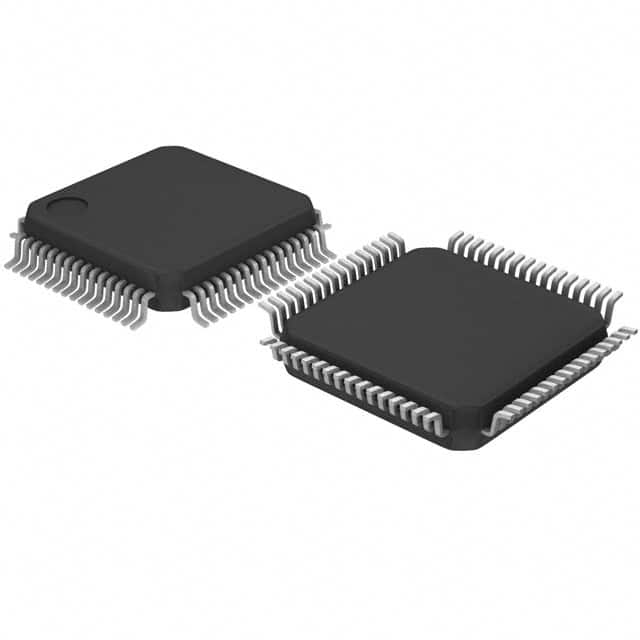




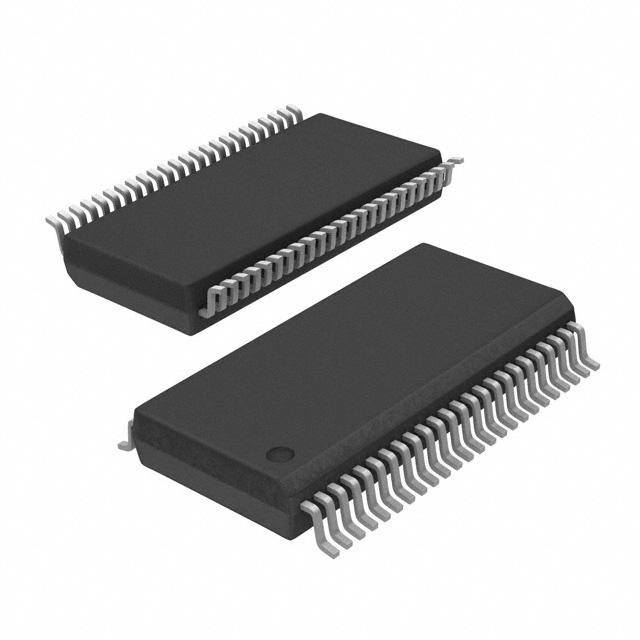



.jpg)



